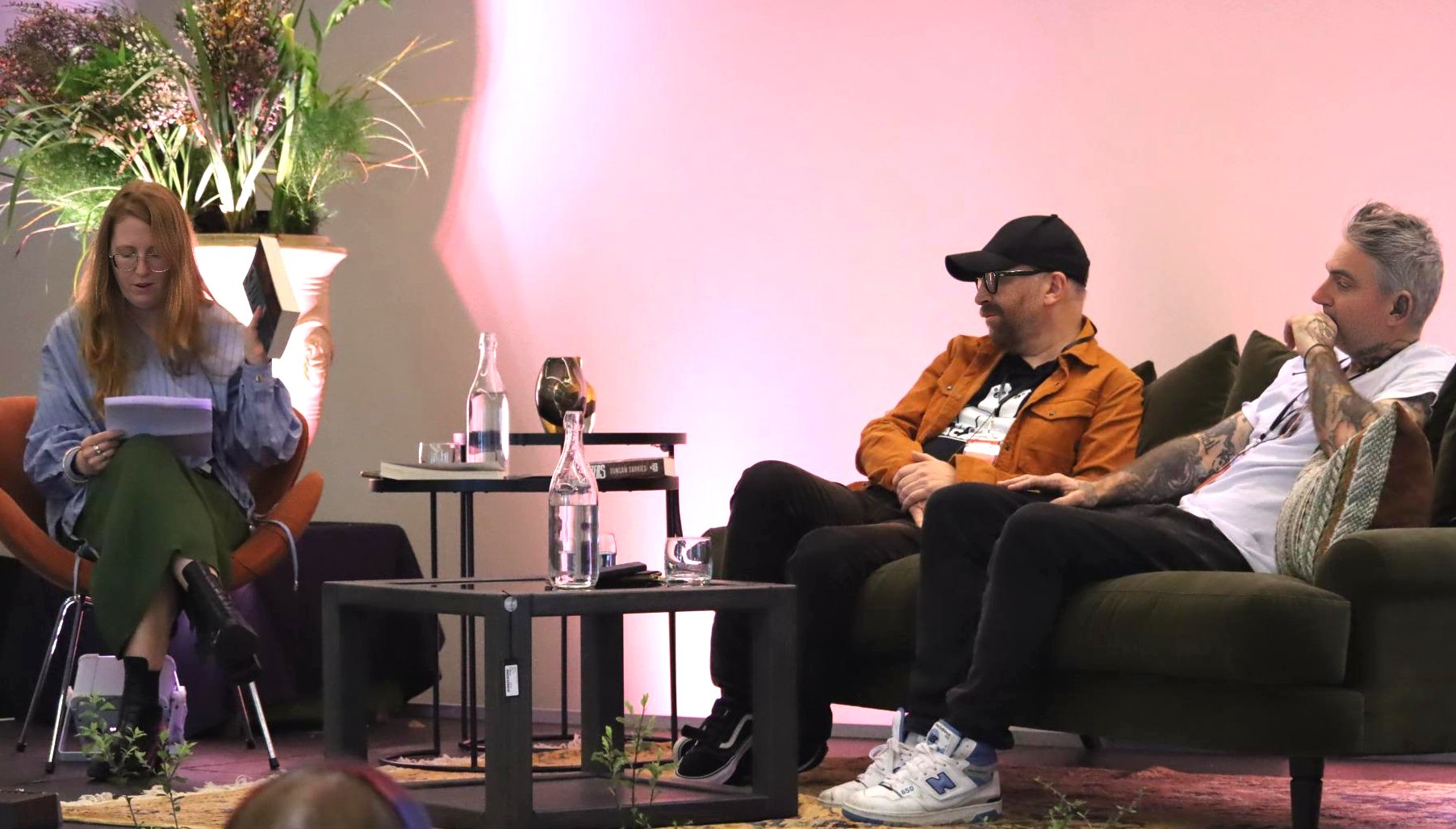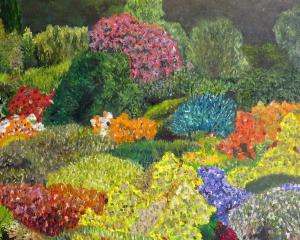
Drama can also erupt in small-scale battles at the kitchen table or inside niche communities.
One of the talks at the recent Dunedin Writers & Readers Festival talks examined how to make room for storytelling alongside low-key struggles for supremacy.
The Spinoff books editor and writer Claire Mabey led a discussion with authors Duncan Sarkies and Dominic Hoey who incorporate politics and power dynamics into their latest books.
Star Gazers, by Duncan Sarkies, set in the claustrophobic world of alpaca breeding, is a satirical novel of manipulation and behind-the-scenes manoeuvring.
"Lets say that this scullduggery happens in most organisations."
He likened it to one of his favourite films, Dr Strangelove, directed by Stanley Kubrick.
"Here was Stanley Kubrick writing about the thing that terrified him the most, so rather than writing about politics, in a way, this is me writing about the thing that terrifies me the most."
Serious issues such as rumours of rigged elections and democratic collapse were transformed into satire in his tightly focused story.
"Taking what I am seeing happening on a larger scale and placing it in a very small organisation, the effect is it naturally leads to comedic situations."
1985, by Dominic Hoey, opens with the sinking of the Greenpeace ship Rainbow Warrior at the Port of Auckland before taking readers on a story of underdogs and adventure.
He did not think he set out to write a political novel, instead he was simply writing about the low-income communities he came from.
"Probably, just writing about poor people was considered political."
Sometimes authors felt they had to speak for the communities they wrote about.
"I often end up speaking about class and poverty and all those things."
In a novel he considered the story had to take the lead rather than an author setting out to have a point of view.
"I think if you try and have a polemic and force that into the story, the writing is always going to be kind of bad, you know?"














